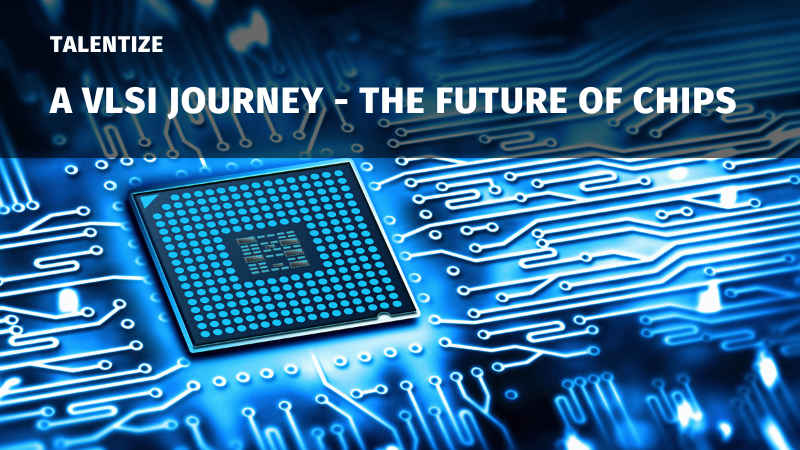A VLSI JOURNEY – THE FUTURE OF CHIPS




Here are some commonly asked questions about VLSI to help you get started
Understanding the historical evolution of VLSI provides valuable insights into the trends and challenges faced by the industry, informs future directions, and helps appreciate the remarkable progress made in this field.
While a basic understanding of physics is helpful, the module will cover the essential concepts in a manner that is accessible to students with varying levels of prior physics knowledge.
CMOS technology is the foundation of modern electronics. Understanding CMOS principles is crucial for designing and analyzing a wide range of electronic devices, from microprocessors to memory chips and sensors.
Digital design is the core of most modern VLSI systems. Mastering these fundamentals will equip you with the essential skills to design and implement complex digital circuits, which are critical for various applications in areas like computing, communication, and embedded systems.
SPICE is an industry-standard tool for simulating and analyzing the behavior of electronic circuits. Proficiency in SPICE is essential for verifying circuit designs, optimizing performance, and identifying potential issues before physical fabrication.
Yes, upon successfully completing the module, you will receive a certificate of completion, which can enhance your resume and LinkedIn profile.
Want to receive push notifications for all major on-site activities?